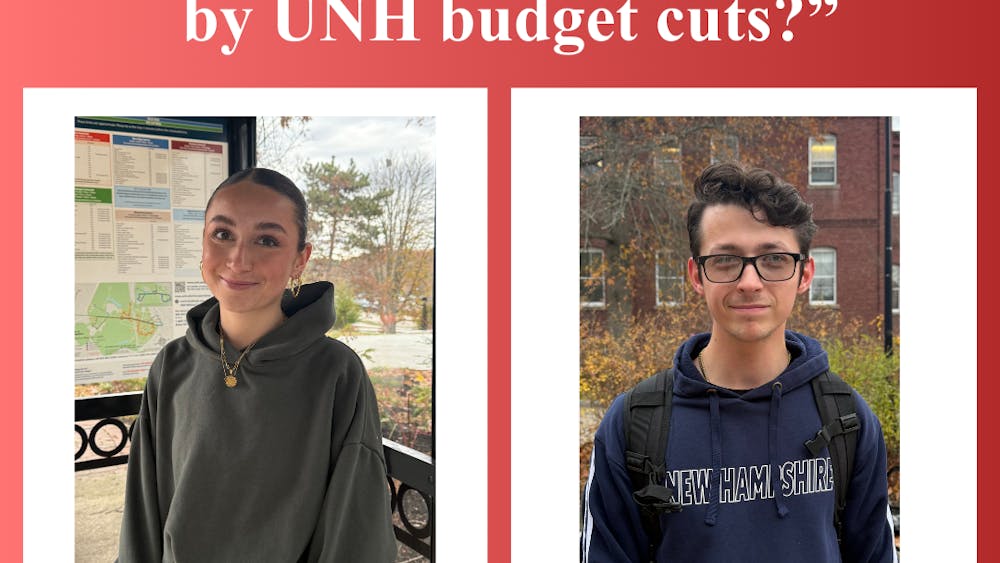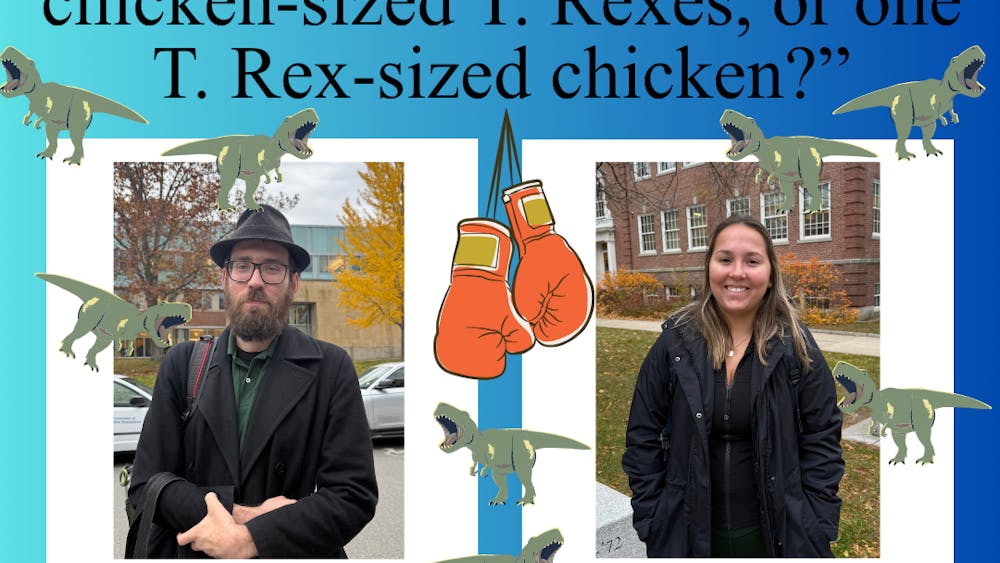The NBA has a serious problem with the way it handles its franchises and it’s soon going to pay the price in form of teams relocating or outright failing. From a strictly business point of view, I understand why someone would want to own a team – if done right, it can be one of the most lucrative professions in the sports field and your players can play the game with a sense of job security.
The NBA is a perfect, isolated example of how the industry has steered from this mold. Almost three years ago, Kyrie Irving requested a trade from the Cleveland Cavaliers despite the two remaining years on his contract. Cleveland still had LeBron James under contract at the time and felt they could get ahead of the Irving situation. They waited two months, but eventually buckled when offered enough pieces from the Boston Celtics.
Now Cleveland, a small market team, has lost its once-in-a-lifetime talent James to free agency and retained just two of the five assets obtained in the Irving trade. Their franchise was blown to shreds as soon as Irving went public with the trade request because it squashed any potential negotiation leverage.
The problem came after the trade, as it always does. Fewer wins means less ticket revenue means owners jack up the stadium prices, invest in tanking (deliberately losing to move up in the draft order) and, if the team doesn’t improve substantially for some time, sell the franchise. Notable exceptions are the richest teams in the league – Knicks, Lakers, etc.
Owners will start to bleed cash if they can’t put together a playoff-ready team in the years following a rebuild. They don’t start the rebuild, after all; it’s thrust into their arms alongside their best players’ trade request and, in six months, they’re left with a heaping trash pile of low-valued assets.
There are other cases. Jimmy Butler leaving the Minnesota Timberwolves, Kawhi Leonard jumping ship from San Antonio and now Anthony Davis wanting out of New Orleans – these teams got miserable returns in the trade market and now have to rebuild, unwillingly, on a shaky foundation. Keep in mind that these players were all under contract.
The league does nothing to prevent this, and it even seems like they support it: The New Orleans Pelicans have tried to sit Anthony Davis in anticipation of the trade market re-opening this July and to preserve his health – and their leftover negotiation leverage – but the league president enforced a rule stating they must play him. If Davis gets hurt, what are the Pelicans owners supposed to do? Sell teams on his unibrow?
Since Davis only has one year left on his contract following this season, he’ll be worth nothing to New Orleans by the time next July rolls around and so they have to trade him this summer. Can’t do that if he’s injured.
That’s the position New Orleans has found itself in. The second-to-lowest valued team in the NBA made an honest effort to acquire its star player a supporting cast, but he felt it wasn’t enough and asked for an out. And because of the league’s policy, the owners have to put their most valuable trade asset at risk by playing him the remainder of the season. They’re cornered.
All of this points to a trend in professional sports today where small market teams do everything right and still fail to put together a championship contender. The leagues are not structured to reward players who remain with their original team (and yes, I know about ‘super max’ contracts; at some point a championship is worth more to superstars than an additional $40 mil over contract length) or help teams build around draft picks. Those draft picks will just force the owners’ hand and leave mid-contract.
This parity is concerning as someone who appreciates competitiveness across the league (who doesn’t?) and wants more than three ‘big games’ a month. Huge blowouts and terrible teams are too common. It’s making basketball boring. How likely is it that the players made it that way?
Ask Kyrie Irving.
Or Anthony Davis.
Melo. Butler. Kawhi.
How are their old teams doing?












